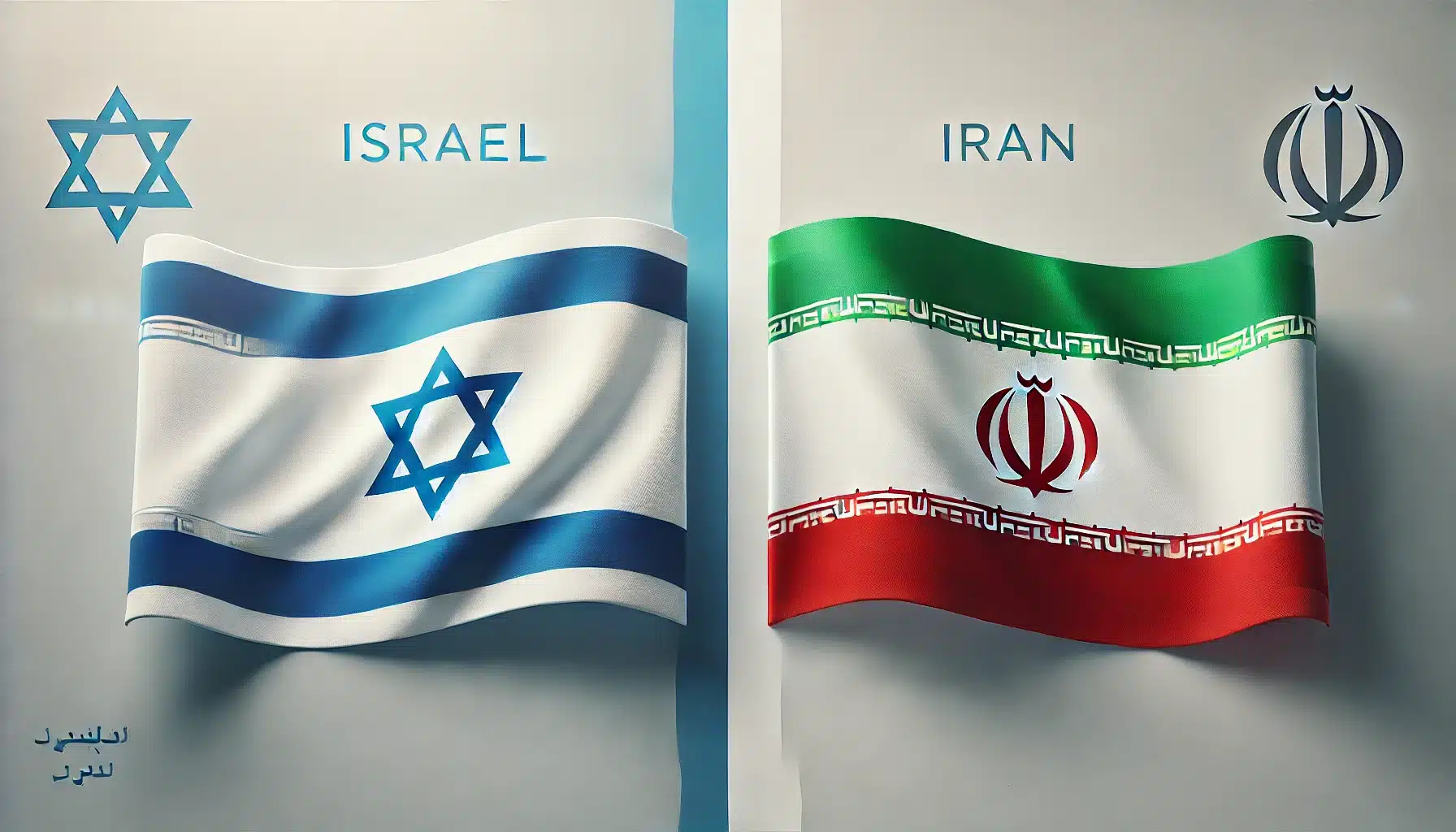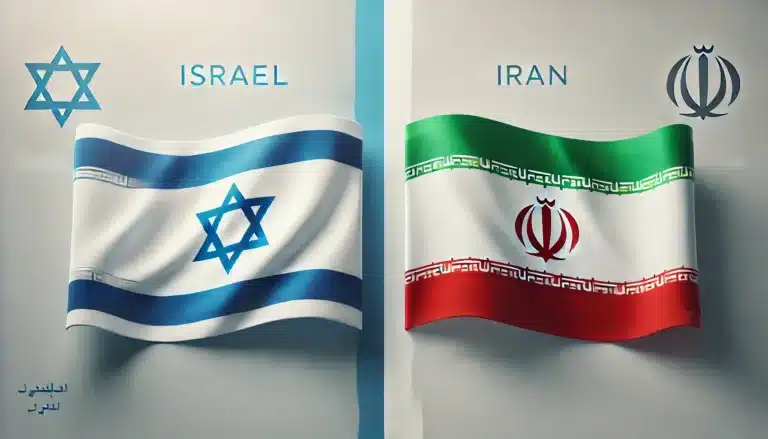Israel and Iran
The decades-long clandestine conflict between Israel and Iran has erupted into open warfare, marking a perilous new chapter for the Middle East and the world. A series of direct military exchanges, culminating in unprecedented US airstrikes on Iranian nuclear facilities, has shattered the fragile semblance of containment that characterized their protracted “shadow war.” This escalation, which began in earnest in mid-June 2025, threatens to engulf the region in a devastating conflict with far-reaching geopolitical, economic, and humanitarian consequences.
The recent hostilities represent a dramatic departure from the proxy battles and covert operations that have defined the Israeli-Iranian rivalry since the 1979 Islamic Revolution in Iran. The transition from the shadows to direct confrontation was stark and swift. On June 13, 2025, Israel launched “Operation Rising Lion,” a large-scale military operation targeting Iran’s military and nuclear infrastructure. This was met with Iran’s “Operation True Promise 3,” a barrage of drones and missiles aimed at key Israeli energy and fuel facilities.
The situation escalated further when the United States directly intervened on June 22, 2025, conducting bombing runs on three of Iran’s most critical nuclear sites: Fordow, Natanz, and Isfahan. The White House declared the strikes “very successful,” while Tehran condemned the act as a “betrayal of diplomacy” and vowed retaliation, stating that all US personnel and interests in the region are now considered legitimate targets.
As of late June 2025, the Israel and Iran conflict has resulted in hundreds of casualties and significant damage in both countries. International calls for de-escalation have intensified, with world leaders expressing grave concern over the potential for a wider, uncontrollable war.
From Tacit Foes to Overt Enemies: A History of Animosity
The roots of the current conflict are deep and complex, stretching back to a time when Israel and Iran shared a surprisingly cooperative, albeit quiet, relationship. Prior to 1979, the two nations maintained pragmatic ties based on shared strategic interests. However, the overthrow of the Shah and the rise of Ayatollah Khomeini’s Islamic Republic marked a profound and immediate rupture. The new regime in Tehran adopted a virulently anti-Israel stance, viewing it as an illegitimate “Zionist entity” and a key ally of the “Great Satan,” the United States.
What followed was a decades-long “shadow war” fought on multiple fronts. This clandestine conflict was characterized by:
- Proxy Warfare: Iran cultivated a network of proxy forces across the region, most notably Hezbollah in Lebanon and various militias in Syria and Iraq. These groups have been instrumental in Iran’s strategy of confronting Israel indirectly, engaging in a war of attrition and creating a persistent threat on Israel’s borders. The Houthi movement in Yemen has also increasingly played a role, launching long-range missiles and drones toward Israel.
- Covert Operations and Assassinations: Both nations have been accused of carrying out a series of targeted assassinations of high-level military officials and nuclear scientists. These clandestine operations aimed to degrade each other’s capabilities and sow fear and uncertainty.
- Cyber Warfare: The digital realm has been another key battleground, with both Israel and Iran engaging in sophisticated cyberattacks targeting critical infrastructure, government websites, and sensitive data.
- Nuclear Tensions: At the heart of the conflict lies Iran’s nuclear program. Israel has long viewed a nuclear-armed Iran as an existential threat and has vowed to do whatever is necessary to prevent it. This has led to a sustained campaign of sabotage and diplomatic pressure aimed at derailing Tehran’s nuclear ambitions.
The Spark that Ignited the Flames
While the “shadow war” has seen numerous flare-ups over the years, the direct military confrontation of June 2025 was triggered by a confluence of factors. The ongoing tensions surrounding Iran’s advancing nuclear program, which international observers feared was nearing weapons-grade capability, created a sense of urgency in Israel. The persistent attacks by Iranian proxies, particularly Hezbollah, had also created a volatile environment.
The final catalyst appears to have been a strategic decision by Israel that the risks of inaction outweighed the dangers of a direct strike. This was followed by Iran’s equally determined response, demonstrating its willingness to absorb a direct hit and retaliate in kind, a capability it has honed over years of preparing for such a scenario.
A Region on the Brink: International Response and Future Scenarios
The international community has reacted with alarm to the escalating conflict. The United Nations has called for an immediate cessation of hostilities, warning of a “catastrophic” regional war. World powers are engaged in frantic diplomatic efforts to de-escalate the situation, though deep divisions remain. The United States’ direct involvement has been praised by Israel as a “historic” move to neutralize a grave threat, but has been condemned by Iran and its allies as a flagrant act of aggression. Other nations, including Russia and China, have called for restraint and a return to diplomacy.
The future of the Israel and Iran conflict is fraught with uncertainty. Several scenarios are possible, ranging from a tense but contained de-escalation to a full-blown regional war that could draw in other countries and have devastating consequences for the global economy, particularly energy markets. The role of the United States will be critical in shaping the trajectory of the conflict.
One thing is certain: the era of the “shadow war” is over. The direct military exchanges between Israel and Iran have ushered in a new and more dangerous phase of their long-standing animosity. The world now watches with bated breath, hoping that diplomacy and reason can prevail before the conflict spirals completely out of control.
tay informed and inspired with Sabon News, where every story is crafted to connect you to the heart of global events and foster a deeper understanding of our shared humanity.




